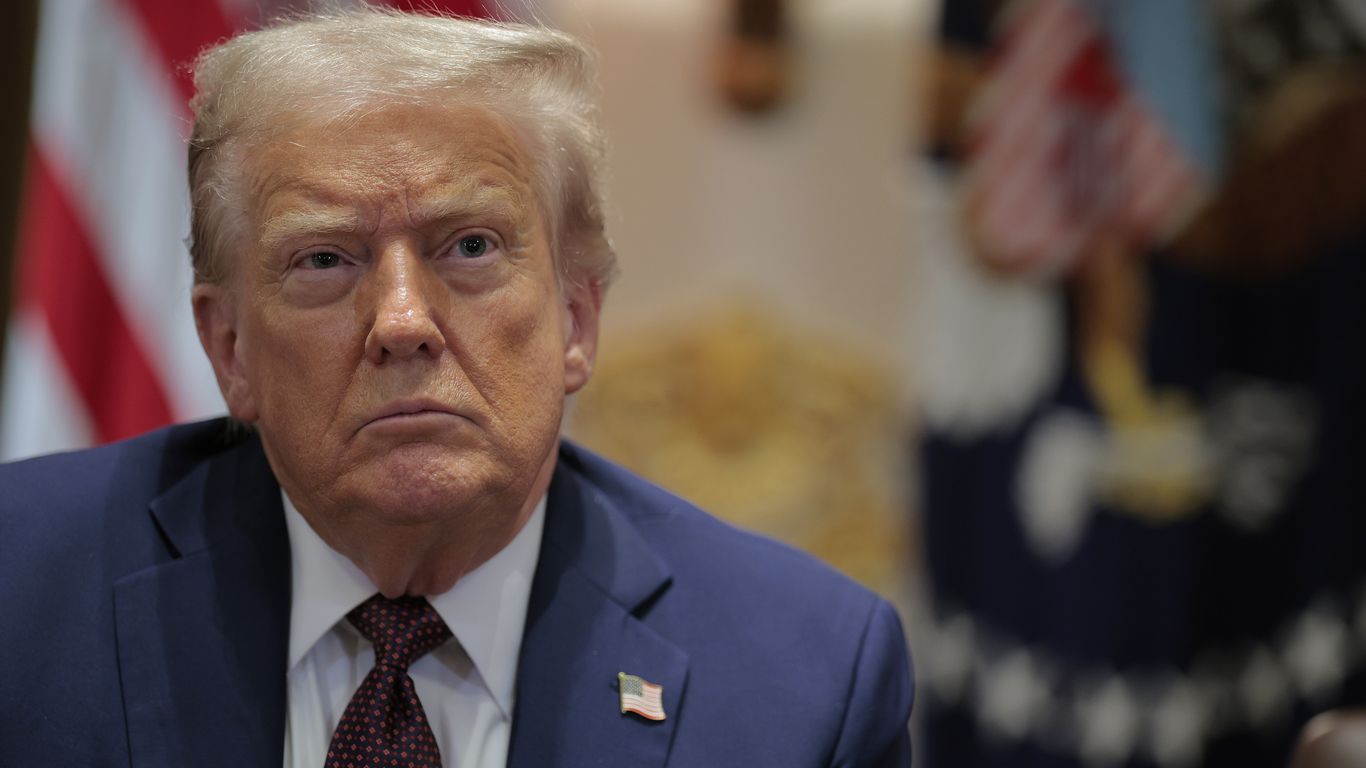
"In a 7-4 ruling issued on Friday, the court said it did not reach a conclusion on whether the president could authorize tariffs under emergency powers, just that Trump's reasoning for the tariffs did not constitute an emergency. The tariffs "are unbounded in scope, amount and duration," the ruling says. They "assert an expansive authority that is ... beyond the authority delegated to the President by IEEPA.""
"Driving the news: The appellate court upheld a late-May ruling that said Trump did not have the authority under the International Emergency Economic Powers Act (IEEPA) to impose tariffs. The other side: Trump said the ruling would "literally destroy the United States of America" on Truth Social on Friday night, also promising an appeal to the Supreme Court. "ALL TARIFFS ARE STILL IN EFFECT!" he wrote."
"The tariffs ranged from 10% - the baseline rate - to 50%. The U.S. and China have extended their separate tariff truce for another 90 days, lowering U.S. tariffs on Chinese goods to 30% from 145% and restarting the flow of crucial rare earth minerals out of China. Trump's 50% tariffs on India took effect on Wednesday. Catch up quick: Trump also raised tariffs on Canada to 35%, and extended Mexico's 25% tariff rate for 90 days."
A 7-4 appellate ruling found that the rationale for the tariffs did not qualify as an emergency under the International Emergency Economic Powers Act and that the tariffs were unbounded in scope, amount and duration. The court held the asserted authority went beyond what IEEPA delegates to the President and stayed its ruling through Oct. 14 to allow appeals. Reciprocal tariffs ranged from 10% to 50%, with specific measures affecting China, India, Canada, Mexico and Brazil. The U.S. and China extended a tariff truce lowering some U.S. tariffs and restarting rare earth mineral flows.
Read at Axios
Unable to calculate read time
Collection
[
|
...
]